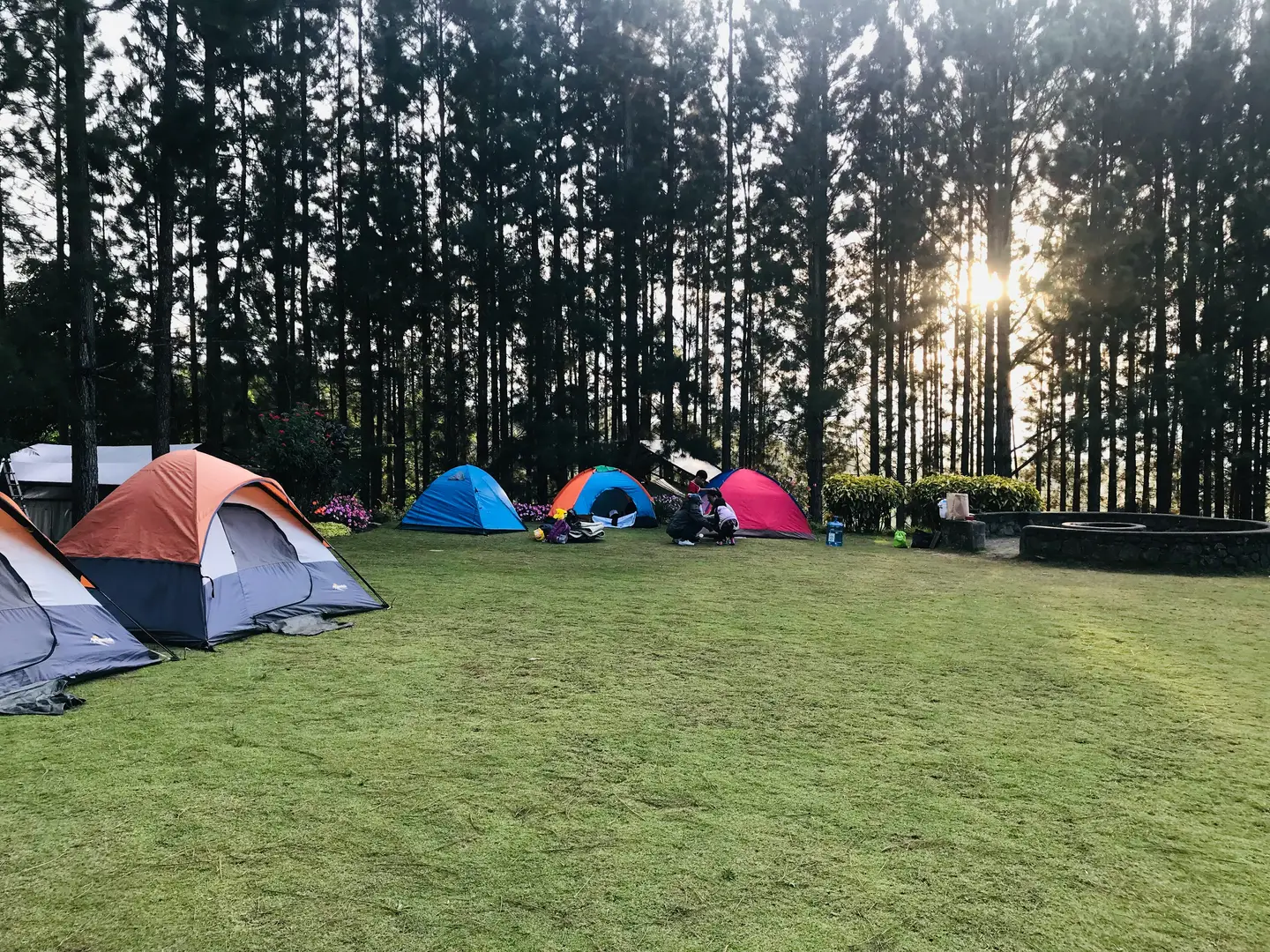

How Do Summer Camps Promote Social Skills In Children?
Envision a setting where kids form friendships, work together, and tackle social difficulties while enjoying themselves. Social abilities, such as communication, empathy, and collaboration, are essential for achievement but frequently thrive in engaging environments.
Summer camps provide a perfect setting for this development. Children develop crucial social skills by engaging in organized activities and unplanned interactions, such as working together on group projects and exchanging stories by a campfire.
This article examines how summer camps promote these skills by encouraging communication, empathy, confidence, and cultural awareness, significantly influencing children’s growth.
Structured Interaction and Communication
Summer camp for kids provides an organized yet relaxed setting where kids can cultivate teamwork, cooperation, and communication abilities. Campers develop their ability to express ideas, listen attentively, and collaborate towards common objectives by participating in group challenges, team games, and story circles. These engaging activities promote teamwork among children, cultivating a feeling of shared respect and comprehension.
Moreover, having counselors available provides guidance and assistance, aiding children in managing social interactions and addressing conflicts constructively. Camps foster a secure environment for developing interpersonal skills by blending enjoyment with organization, making social interactions appear effortless and enjoyable. As a result, these experiences assist children in developing confidence and equipping them for effective communication in practical situations.
Fostering Empathy and Emotional Intelligence
Encouraging empathy and emotional understanding is an essential element of summer camps. By engaging in shared experiences, children become aware of and value the feelings of those around them. Role-playing and conflict-resolution activities provide practical chances for campers to engage in appreciating different viewpoints. These activities assist children in managing social interactions by encouraging them to see things from others’ perspectives, enhancing empathy.
Additionally, camp counselors are essential in helping children navigate these emotional learning experiences. Through promoting conversations and providing emotional assistance, counselors help campers navigate their emotions healthily, thereby improving their emotional intelligence. Consequently, kids depart from camp more prepared to face upcoming social difficulties.
Building Confidence Through Social Risk-Taking
Summer camps provide a distinct atmosphere where kids can venture beyond their comfort zones in a secure and encouraging setting. Activities like talent shows, new pursuits, and group projects motivate kids to embrace social risks, boosting their confidence. These experiences enable campers to confront challenges, make choices, and obtain positive reinforcement, greatly boosting their self-esteem.
While dealing with these circumstances, kids also build resilience by discovering how to handle setbacks and surmount challenges. As a result, these instances of taking risks promote personal development, allowing children to feel more confident in social situations and elsewhere.
Cultivating Independence and Problem-Solving Skills
Summer camps are pivotal in developing freedom and problem-solving abilities in children. Through flexible activities like scavenger hunts and group projects, campers are encouraged to make decisions, assess situations, and collaborate. These encounters advance basic considerations and improve decision-making capacities.
Counselors guide when necessary, promoting children’s independence in problem-solving, and balancing support with autonomy. This approach engages children, cultivating self-confidence and strength, which are significant abilities for individual and academic victory. By empowering freedom, summer camps create situations that stimulate development and improvement.
The Role of Diversity in Social Skill Development
Interacting with peers from various backgrounds is essential for expanding children’s social viewpoints. During summer camps, kids can engage with peers from various cultures, areas, and backgrounds, which improves their capacity to value and honor diversity. By engaging in shared activities like board group games and cultural exchanges, camps create a space where differences are appreciated instead of feared.
Furthermore, engaging in dialogues and discussions on different subjects enables children to address and diminish social biases, fostering enhanced empathy and comprehension. In the end, this exposure aids children in cultivating more inclusive mindsets and enhanced social abilities that serve them well in various social environments.
Developing Leadership Skills
Summer camps provide kids with important chances to cultivate leadership abilities through different team activities. For example, campfire gatherings, team assignments, and group athletics enable children to assume leadership positions, directing their friends in cooperative activities. These activities cultivate a sense of accountability while also enhancing critical decision-making abilities.
Kids develop the ability to make decisions that influence the group, take into account various viewpoints, and lead with assurance. Furthermore, by encouraging and uplifting others, they enhance their capacity to communicate well, assign tasks, and mediate disputes. Ultimately, these experiences enable children to develop into competent leaders who can positively impact others in both social and academic environments.
Peer Conflict Resolution
Summer camps are crucial in teaching children important skills for resolving conflicts by tackling and settling disagreements among peers. Counselors support children in these circumstances, motivating them to share their emotions, engage in active listening, and strive for peaceful resolutions. Camps create a structured environment that aids children in recognizing the significance of negotiation and compromise when it comes to resolving conflicts.
Moreover, team-building activities, like collaborative games and collective challenges, promote teamwork rather than rivalry. These activities teach teamwork and communication, helping children develop positive social skills for various environments. In the end, these experiences assist children in handling disputes positively and fostering better interpersonal relationships.
Conclusion
To sum up, summer camps offer essential chances for children to improve social skills like communication, empathy, and leadership. Through creating a transformative atmosphere, camps significantly contribute to individual growth. Camp leaders and counselors ought to focus on these abilities, while parents are urged to explore camp options for their kids.
Related Posts
© 2025 Invastor. All Rights Reserved

User Comments